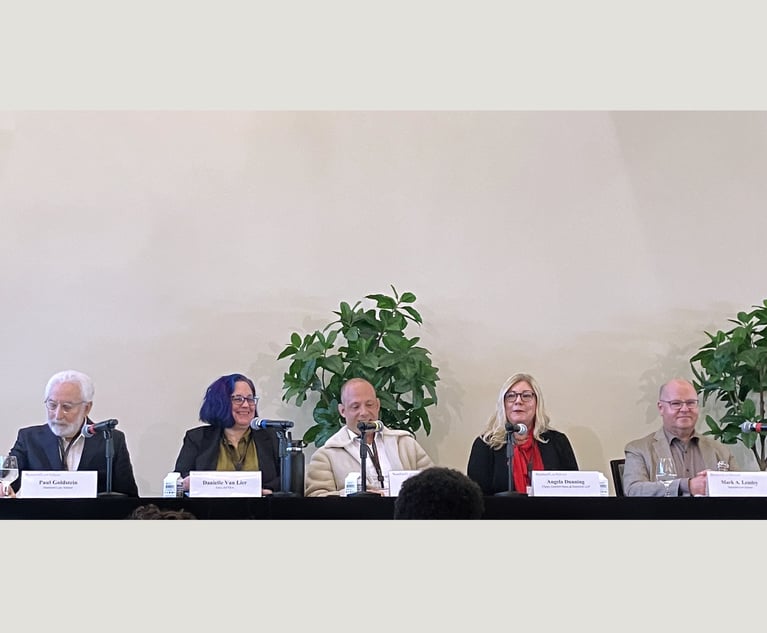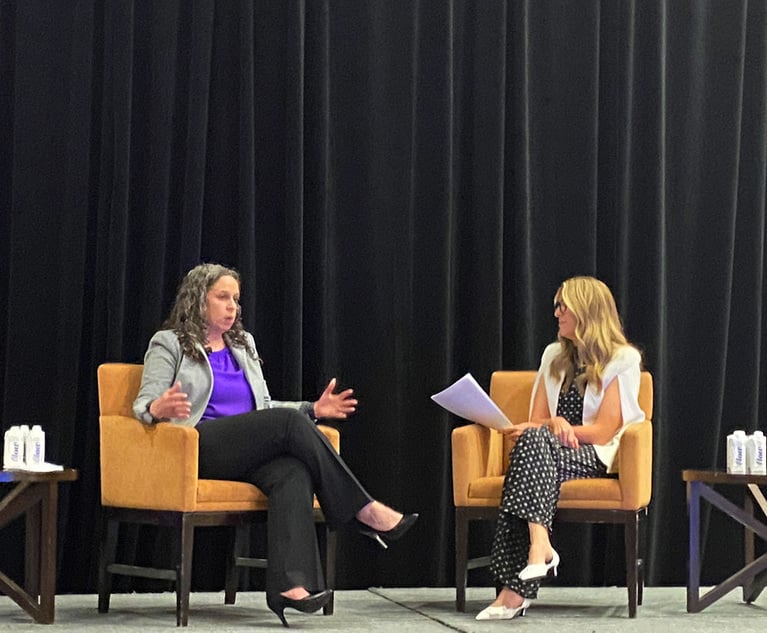Whether or not the new coronavirus will exempt employers from giving a minimum layoff notice to workers under the federal Worker Adjustment and Retraining Notification Act is something general counsel should begin to think about as their companies contemplate mass layoffs in the coming months.
Under the federal WARN Act, companies must give 60 days of notice when 50 or more employees will be impacted by a layoff. An unforeseeable circumstance is one of the exemptions to the federal law, which could include COVID-19 and would allow employers to give less of a notice.


 (Photo: Shutterstock)
(Photo: Shutterstock)








